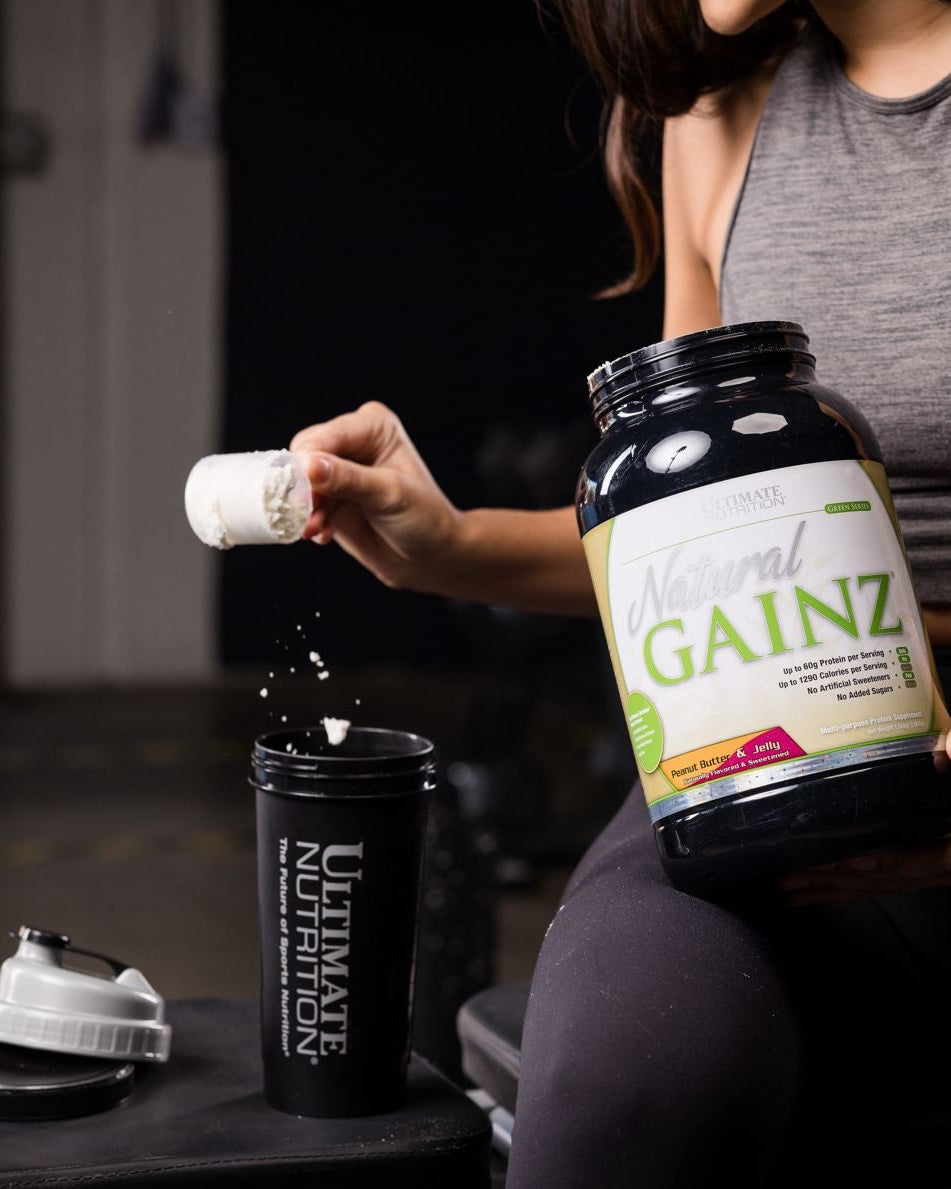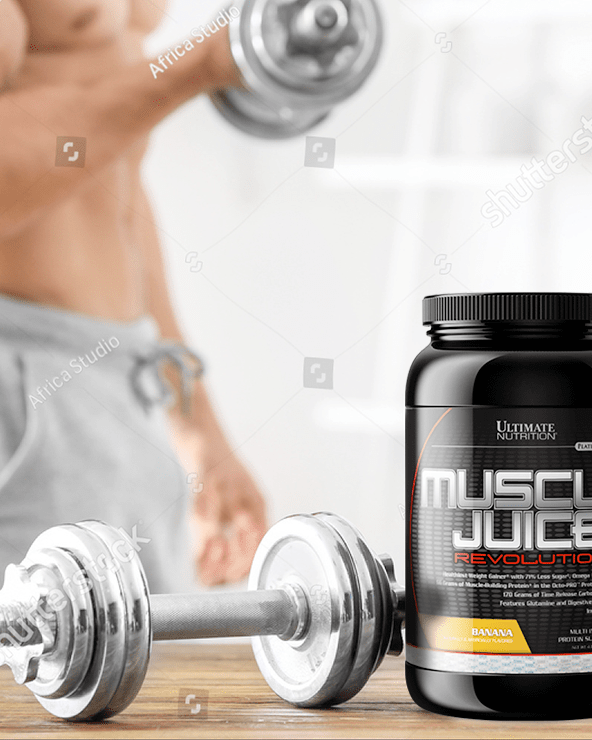Not sure what people are talking about when they refer to “healthy fats?” Well, you’ve come to the right place, and no, not all fats are the same. MCT oil (or powder) and coconut oil are two of the most highly regarded fats, and with good reason.
Fats are one of the three macronutrients you need to perform your best. We tend to shy away from fats because they’re associated with unhealthy weight gain and general health issues, but this stems from misinformation and isn’t the entire story. MCT and coconut oil come with tons of benefits that you shouldn’t miss out on.
MCT oil and coconut oil are often mentioned together because they both offer the benefits of MCTs. Long story short, the difference between MCT oil and coconut oil is that MCT oil is a concentration of MCTs, while coconut oil comes from coconuts and is a good source of MCTs.
Comparing the two oils is like comparing Omega-3 supplements and salmon. We all know that salmon is a good source of Omega-3s, but Omega-3s don’t necessarily have to come from salmon. So, the real questions here are what are MCTs and what’s the difference between using MCT oil and using coconut oil as a dietary supplement?
What Are MCTs?
Medium-chain triglycerides (MCTs) are a type of saturated fat that’s made in a lab and gets metabolized differently than long-chain fatty acids (LCTs). MCTs are absorbed directly into the portal circulation and transported to the liver for rapid oxidation. LCTs, however, are transported via chylomicrons into the lymphatic system, allowing for extensive uptake into adipose tissue.
The difference in how MCTs and LCTS are metabolized is what makes MCTs so interesting. MCTs are most popular for being a fat source for people who cannot tolerate other types of fats, like those with food absorption disorders.
MCTs are used because they’re a more accessible form of fat. Your body easily breaks them down into molecules called ketone bodies. Ketone bodies can then be used as an energy source for the brain in place of sugar or glucose.
MCTs are found naturally in foods like coconuts and palm kernel oils. The fats that makeup MCT oil are derived from processing coconut or palm kernel oils. Manufacturers produce MCT oil by refining coconut or palm oil to create pure concentrated MCT oil. Let’s get into what MCT oil is good for and why you might use it over coconut oil.
The Benefits of MCT Oil
Weight Loss Aid
One study showed that MCT oil might help promote the release of the hormones that help us feel full (leptin), which could be beneficial for losing weight. The longer you feel satisfied, the less inclined you are to overeat, helping you stick to your diet.
Source of Energy
Everyone’s metabolism is different, but given MCT oil’s structure, it can quickly be digested and absorbed. Rather than turning to a carb-loaded snack for pre-workout energy, you can try a dose of MCT oil for some fat-based energy.

Athletic Performance Enhancer
Some evidence suggests that MCTs can reduce lactic acid buildup, which occurs during intense exercise and can hinder performance. A Japanese study, for instance, found that recreational athletes who supplemented with 1.5 daily teaspoons of MCT oil for two weeks had significantly lower levels of circulating blood lactate, and they were able to perform better in moderate and high-intensity exercise. Similarly, rodent studies found MCTs helped to increase endurance in mice.
Appetite control, an energy boost, and added athletic performance; MCT oil’s benefits are particularly useful to those living an active lifestyle. If you’re in a cutting phase yet still looking to perform with intensity at the gym and consume healthy fats, consider adding MCT oil to your diet.
What’s Up With Coconut Oil?
Like many other fruits and plants, coconuts are often processed and pressed into oil. Coconut oil is used as a cooking agent, but it also comes as a tincture or in capsules as dietary supplements. Coconut oil is natural and comes from the dried flesh of the coconut.
Coconut oil contains roughly 90% saturated fat. MCTs account for about 50% of the saturated fats in coconut oil. As coconut oil has a high amount of MCTs, it has some similar properties to MCT oil, which is why the two are often discussed together.
Because coconut oil is comprised of MCTs, it carries all of the same benefits, plus some extra perks like boosting your skin, hair, and oral health.

Should You Use MCT Oil or Coconut Oil?
MCT oil and coconut oil have overlapping health benefits and can both be beneficial, but one might better target your needs over the other.
MCT oil is more concentrated than coconut oil and is made of 100% MCTs. Due to the high concentration of MCTs, MCT oil is more effective than coconut oil at curbing your appetite and producing energy for your workouts.
Meanwhile, coconut oil has an MCT content of about 54%; it’s best used as cooking oil or for beauty applications and skin conditions, such as acne and skin dryness. Incorporating MCT and coconut oil into your diet can elevate your wellness routine and help you walk into your everyday workout with more energy and confidence.

How To Use MCT Oil
MCT oil is odorless and flavorless, so it is easy to incorporate into your meals. If you’re not looking to down a spoonful of oil and actually want to enjoy the calories you’re consuming, here are some quick tips for using your MCT oil:
- Add MCT oil to your already oil-based spreads (peanut butter, almond butter, or mayonnaise) and enjoy as you usually would. This tip also works for powdered peanut butter and might add some of the texture you’ve been missing.
- Add some MCT oil to your coffee. Because MCT has energy-boosting properties, adding it to your already caffeinated drinks for double the boost makes sense.
- MCT powder can go in your smoothies or protein shakes. The blender will incorporate the oil well, there’s no altered taste, and your shakes will be even more satiating.
- If you’re using good ol’ guac to get your healthy fats in, you might as well add some MCT oil to your next batch.
MCT oil has a low smoke point, so you shouldn’t use it as a frying oil; however, it can be used as a substitute for other oils in certain baked dishes. MCT oil is an excellent addition to your brownie recipe or other baked goods, making them an easy way to get your daily fats in.

Your fats should come from various sources throughout the week, but MCT is an excellent and simple choice when you’re struggling to find other healthy options. Ultimate Nutrition’s MCT Gold is 100% MCTs, with no water, preservatives, or artificial colors or flavors.
By adding one to four tablespoons of MCT Gold to your diet each day, you can reap all of the benefits that healthy fats like MCT oil offer. Enjoy going about your days feeling more satiated and energetic, all with less discomfort through the help of MCTs.






















Comments
Is this oil rated an 8 or a 10. To be the best used?
Thankyou